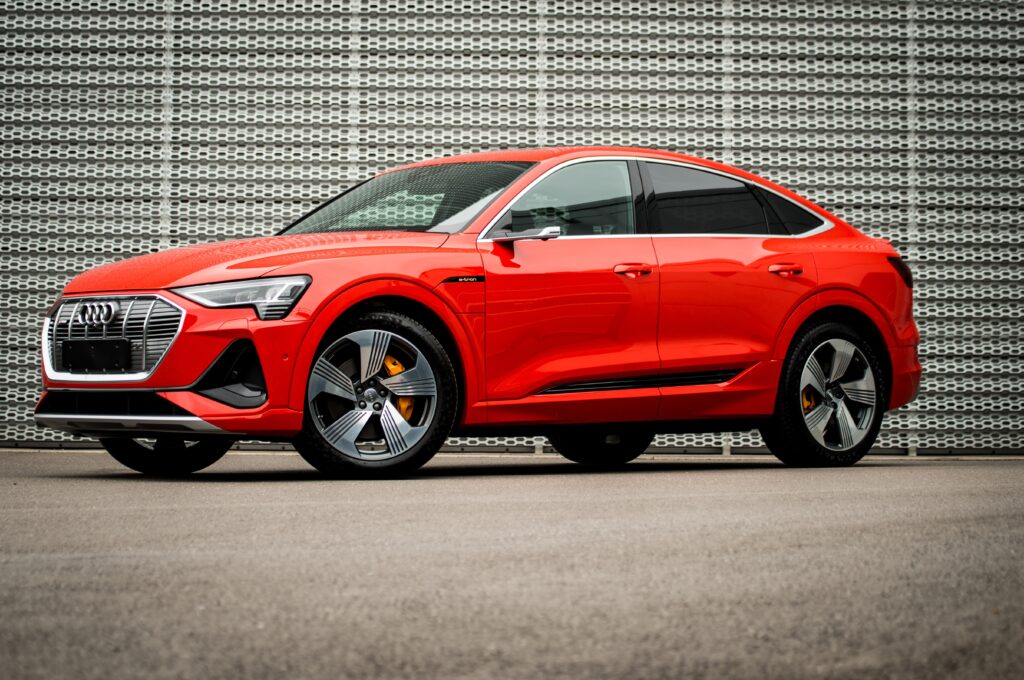Title: “Revolutionizing Electric Vehicles: The Breakthrough in Fast-Charging Battery Technology”
In the realm of sustainable energy, a groundbreaking discovery has emerged, poised to reshape the landscape of electric vehicles (EVs) and beyond. Scientists have unveiled a remarkable advancement in battery technology, heralding the era of fast-charging batteries. This innovation not only slashes charging times to a mere five minutes but also ensures stability and longevity over extended periods of use.
The implications of this breakthrough extend far beyond the confines of laboratories and research papers. With the automotive industry undergoing a profound shift towards electrification, fast-charging batteries offer a compelling solution to the perennial challenge of “range anxiety” among EV drivers. By significantly reducing charging times, drivers can bid farewell to the apprehension surrounding depleted batteries and prolonged charging stops. This, in turn, paves the way for the widespread adoption of electric vehicles, making them not only more affordable but also more accessible to consumers worldwide.
The significance of fast-charging batteries cannot be overstated, as they represent a pivotal advancement in the pursuit of sustainable transportation solutions. Lynden Archer, a distinguished professor of engineering and dean of Cornell’s College of Engineering, underscores the transformative potential of this innovation. He notes that the elimination of range anxiety, facilitated by rapid charging capabilities, may obviate the need for large battery capacities, thereby driving down the cost of EVs and accelerating their integration into mainstream automotive markets.
However, the journey towards comprehensive adoption of fast-charging batteries is fraught with challenges and complexities. While the initial strides have been commendable, researchers are acutely aware of the need for continued innovation and refinement. The development of alternative materials and the optimization of battery performance remain paramount objectives in the quest for sustainable energy solutions.
A recent breakthrough by engineers from the US Department of Energy’s Brookhaven National Laboratory underscores the multifaceted nature of battery research. By incorporating a compound known as caesium nitrate, researchers have achieved remarkable improvements in the charging rate and longevity of lithium metal batteries. This innovation represents another stride towards the realization of high-performance batteries with unparalleled energy density and durability.
Yet, amidst the optimism surrounding fast-charging batteries, it is imperative to acknowledge the inherent complexities and trade-offs associated with lithium metal batteries. While they offer superior energy density compared to their lithium-ion counterparts, challenges persist, including the delicate balance between fast charging and long-term battery life. Nevertheless, researchers remain undeterred, leveraging their collective expertise to surmount these obstacles and propel battery technology into uncharted territories of efficiency and sustainability.
As the world grapples with the imperatives of climate change and environmental stewardship, the advent of fast-charging batteries offers a ray of hope—a tangible manifestation of humanity’s ingenuity and resolve. Beyond the realm of electric vehicles, these batteries hold the promise of revolutionizing diverse industries, from consumer electronics to renewable energy storage systems.
In conclusion, the journey towards sustainable energy solutions is characterized by relentless innovation and unwavering determination. Fast-charging batteries epitomize the culmination of years of research, collaboration, and ingenuity, offering a glimpse into a future powered by clean, efficient, and accessible energy sources. As we stand on the cusp of a new era in transportation and energy, the transformative potential of fast-charging batteries beckons—a beacon of progress lighting the path towards a more sustainable and equitable world
